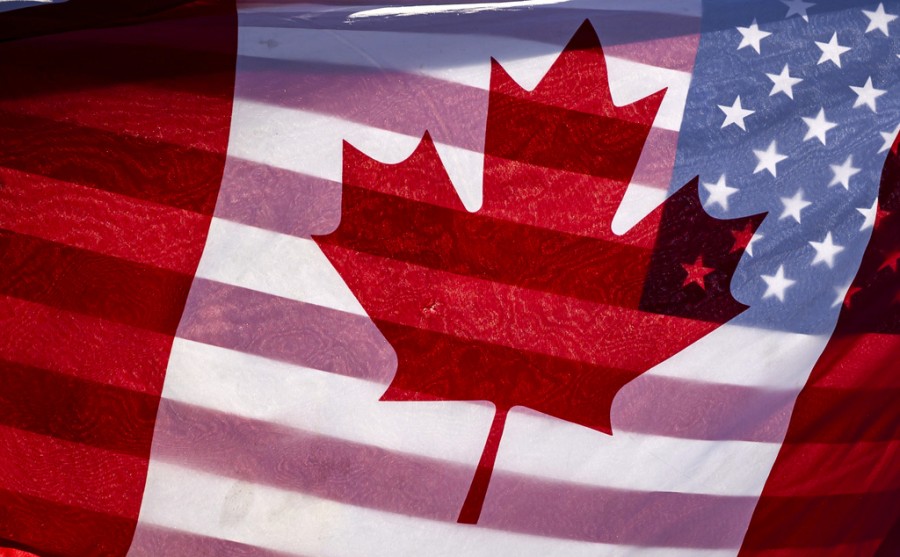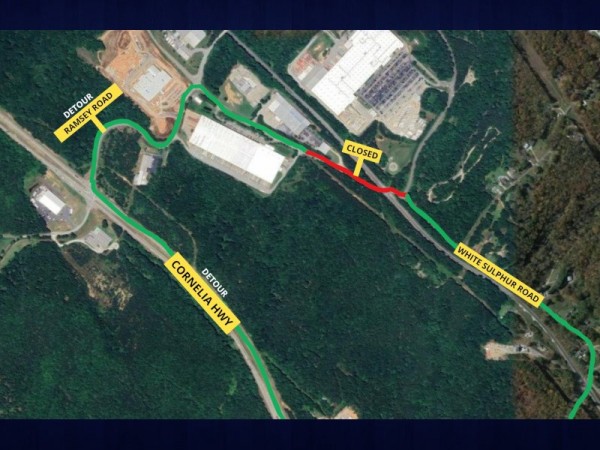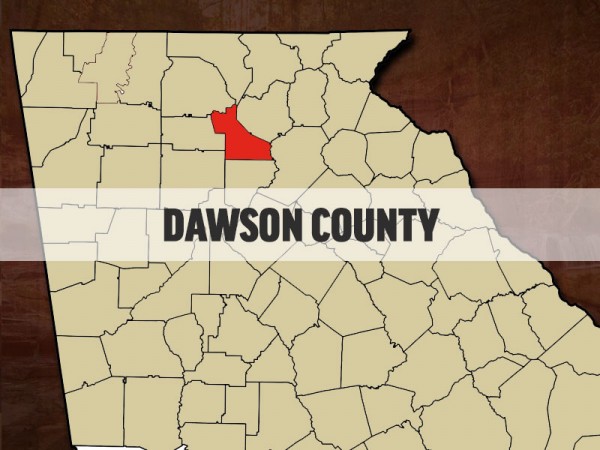WASHINGTON — President Donald Trump’s promised tariffs against Canada and Mexico went into effect Tuesday.
Starting just past midnight, imports from Canada and Mexico are now to be taxed at 25%, with Canadian energy products subject to 10% import duties.
The 10% tariff that Trump placed on Chinese imports in February was doubled to 20%, and Beijing retaliated Tuesday with tariffs of up to 15% on a wide array of U.S. farm exports. It also expanded the number of U.S. companies subject to export controls and other restrictions by about two dozen.
Canadian Prime Minister Justin Trudeau said his country would slap tariffs on more than $100 billion of American goods over the course of 21 days. Mexico didn't immediately detail any retaliatory measures.
President Trump's moves have raised concerns of higher inflation and the prospect of a trade war. But he promised the American public that taxes on imports are the easiest path to national prosperity.
“It’s a very powerful weapon that politicians haven’t used because they were either dishonest, stupid or paid off in some other form," Trump said Monday at the White House. "And now we’re using them.”
The Canada and Mexico tariffs were supposed to begin in February, but Trump agreed to a 30-day suspension to negotiate further with the two largest U.S. trading partners. The stated reason for the tariffs is to address drug trafficking and illegal immigration, and both countries say they've made progress on those issues. But Trump has also said the tariffs will only come down if the U.S. trade imbalance closes.
Trump could also impose more tariffs on the European Union, India, computer chips, autos and pharmaceutical drugs.
Even after Trump announced Monday that the tariffs were going forward, Canadian officials were still in touch with their U.S. counterparts.
“The dialogue will continue, but we are ready to respond,” Canadian Defense Minister Bill Blair said in Ottawa as he went into a special Cabinet meeting on U.S.-Canada relations. “There are still discussions taking place.”
Shortly after Blair spoke, Trudeau said Canada would impose 25% tariffs on $155 billion Canadian ($107 billion U.S.) worth of American goods, starting with tariffs on $30 billion Canadian ($21 billion U.S.) worth of goods immediately and on the remaining amount on American products in three weeks.
“Our tariffs will remain in place until the U.S. trade action is withdrawn, and should U.S. tariffs not cease, we are in active and ongoing discussions with provinces and territories to pursue several non-tariff measures,” Trudeau said.
The White House would like to see a drop in seizures of fentanyl inside the United States, not just on the northern and southern borders. Administration officials say that seizures of fentanyl last month in everywhere from Louisiana to New Jersey had ties to foreign cartels.
The Trump administration has suggested inflation will not be as bad as economists claim, saying tariffs can motivate foreign companies to open factories in the United States. On Monday, Trump announced that Taiwan Semiconductor Manufacturing Company, the computer chipmaker, would be investing $100 billion in domestic production.

















